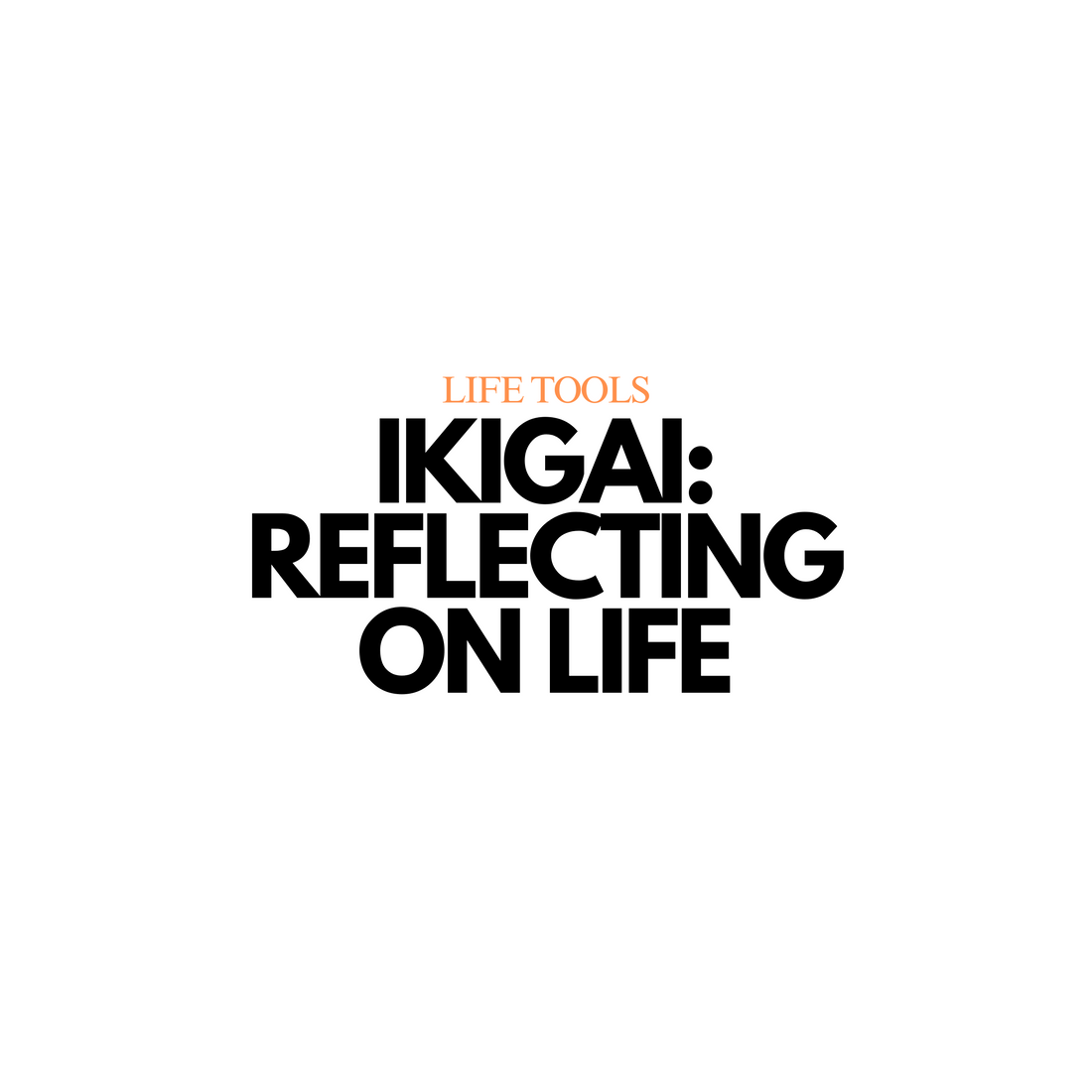
Ikigai (Japanese Concept): Reflecting on Life & Finding Fulfilment
Share
Ikigai, a life tool perfect for reflection or life planning.
________________________________________________________________________________________________________________
What is Ikigai?
It’s about finding fulfillment by identifying the intersection of:
-
What you love
-
What you're good at
-
What the world needs
-
What you can be paid for
Your Ikigai lies in the overlap of all four.
________________________________________________________________________________________________________________
Origins in Japan
-
The term Ikigai (生き甲斐) is Japanese and roughly translates to "reason for being" or "that which makes life worth living."
-
It comes from:
-
Iki (生き) = life
-
Gai (甲斐) = value, worth, benefit
-
-
The concept is deeply rooted in Japanese philosophy, culture, and daily life, especially in Okinawa, known for its population of healthy, long-lived people.
________________________________________________________________________________________________________________
1. What You Love (Passion & Joy)
Things that bring you energy, excitement, and flow.
- What activities make you lose track of time?
- What would you do even if you weren’t paid for it?
- What topics or hobbies naturally interest you?
Examples: Writing, teaching, travel, coding, helping others, design, storytelling
2. What You're Good At (Skills & Strengths)
Your natural talents or developed abilities.
- What do people often compliment you on?
- What skills have you improved through practice or work?
- What comes easily to you but is hard for others?
Examples: Communication, leadership, analysis, organization, empathy, problem-solving
3. What the World Needs (Purpose & Impact)
Problems or needs in your community, industry, or world.
- What causes or challenges matter deeply to you?
- What do you wish more people cared about?
- How can you make a positive difference?
Examples: Mental health support, clean energy, education, ethical tech, community building
4. What You Can Be Paid For (Value & Market)
Practical, sustainable ways to earn a living.
- What services or skills are people willing to pay for?
- How can you turn your strengths into value?
- Where is there demand for what you do?
Examples: Freelancing, consulting, product creation, teaching, coaching, building tools
________________________________________________________________________________________________________________
Once you identify your answers to each section, ask:
- What themes or intersections show up across all four?
- What career or lifestyle paths include elements from each?
- How could you experiment with combining them?
________________________________________________________________________________________________________________
